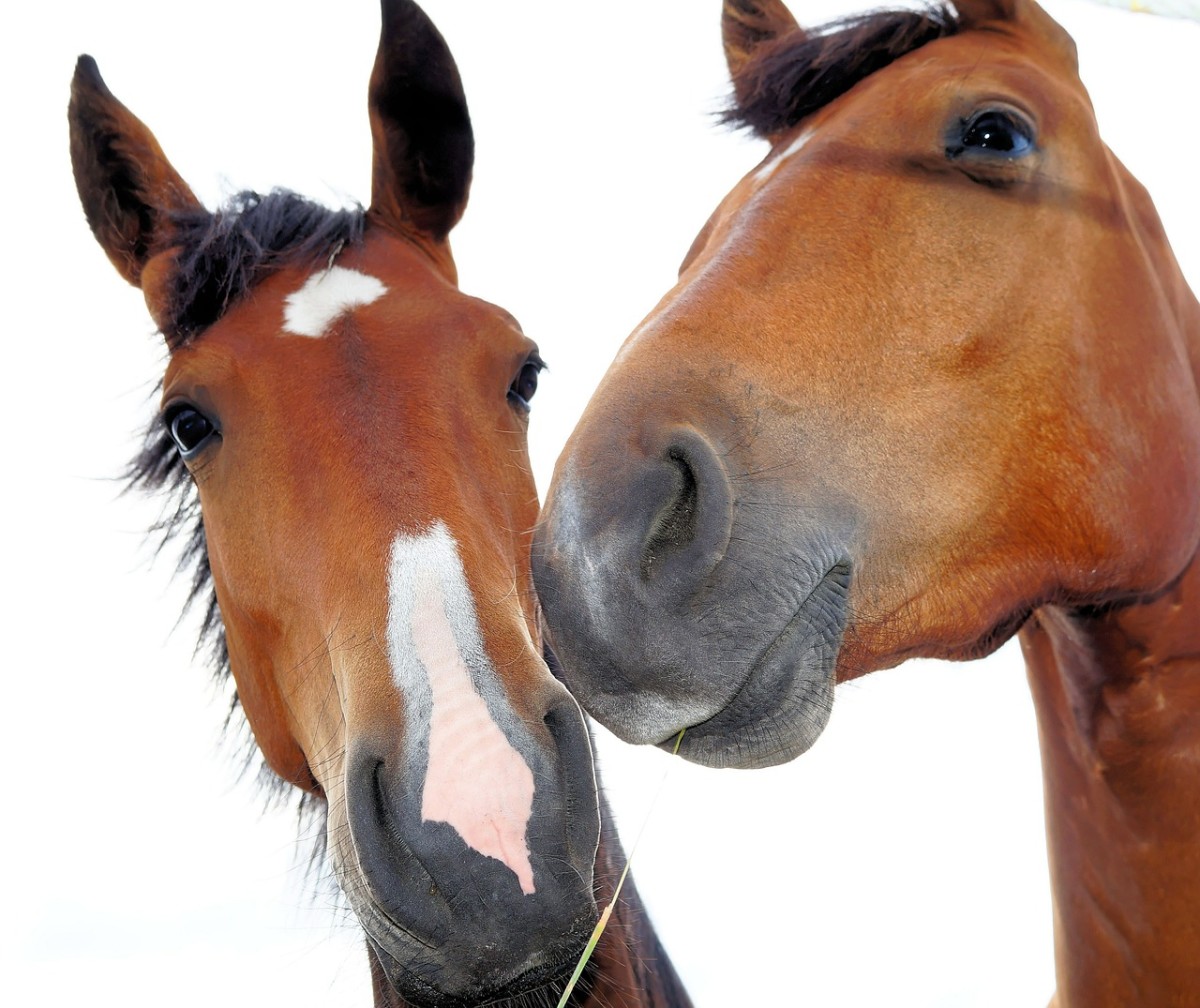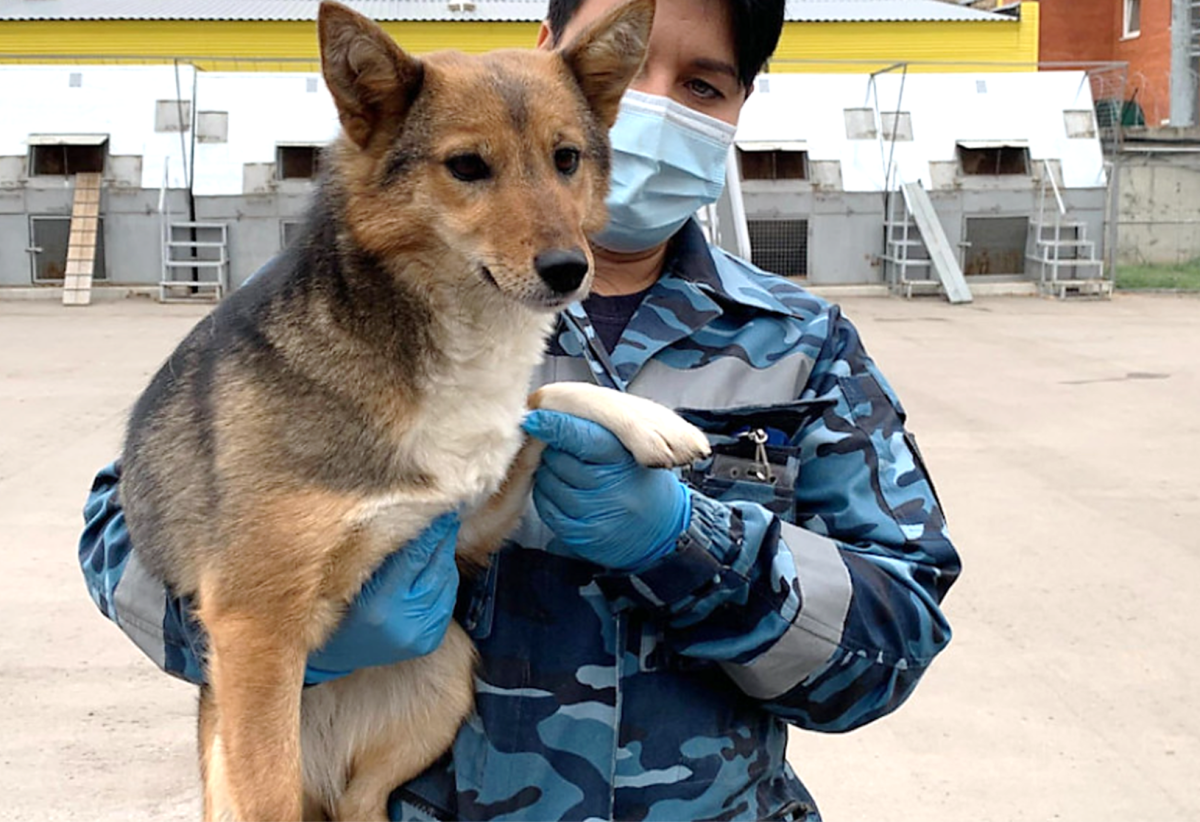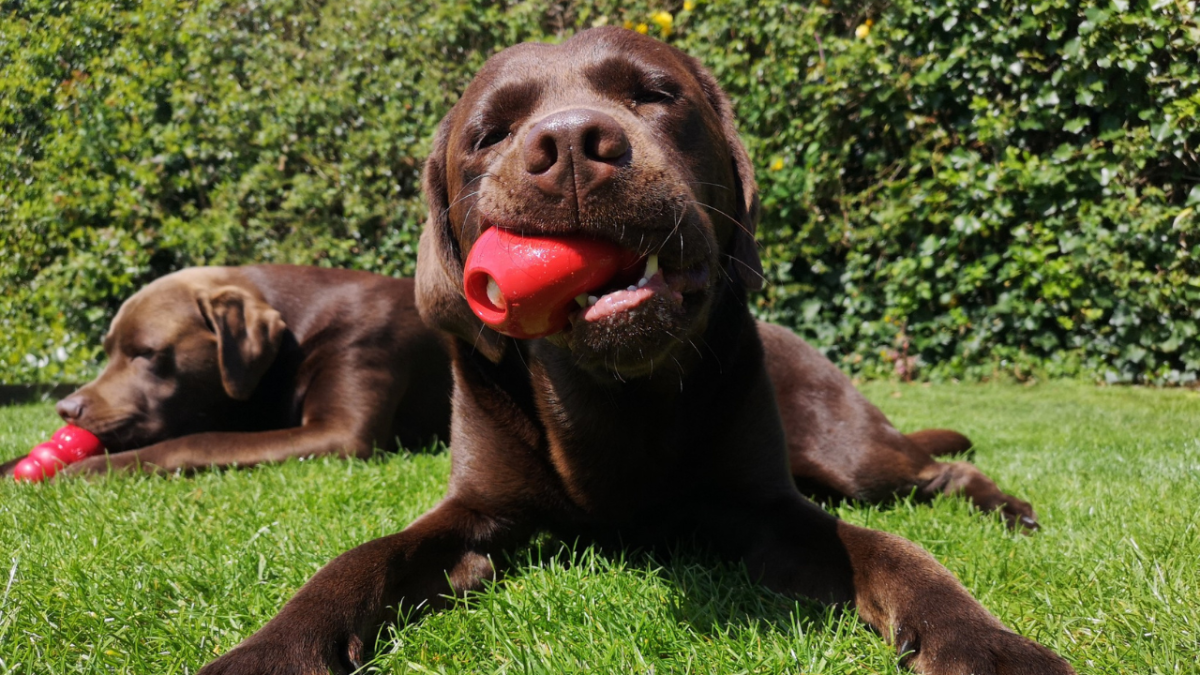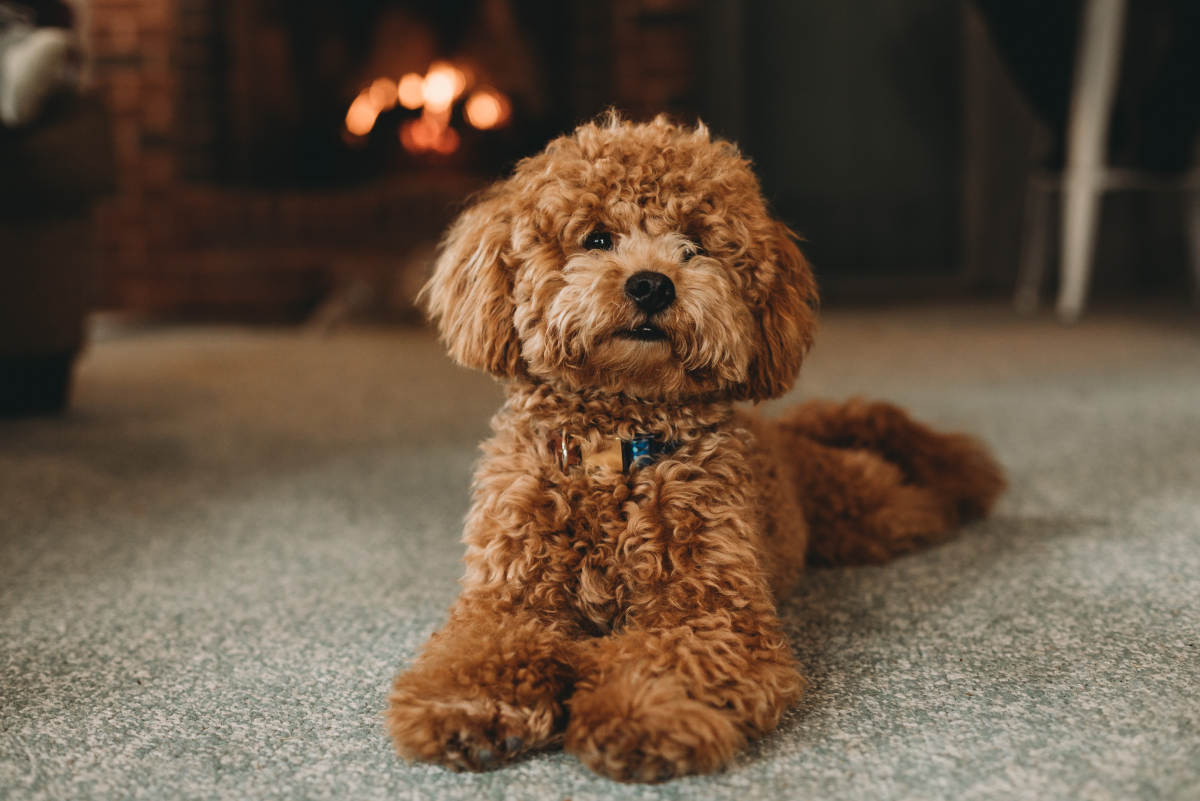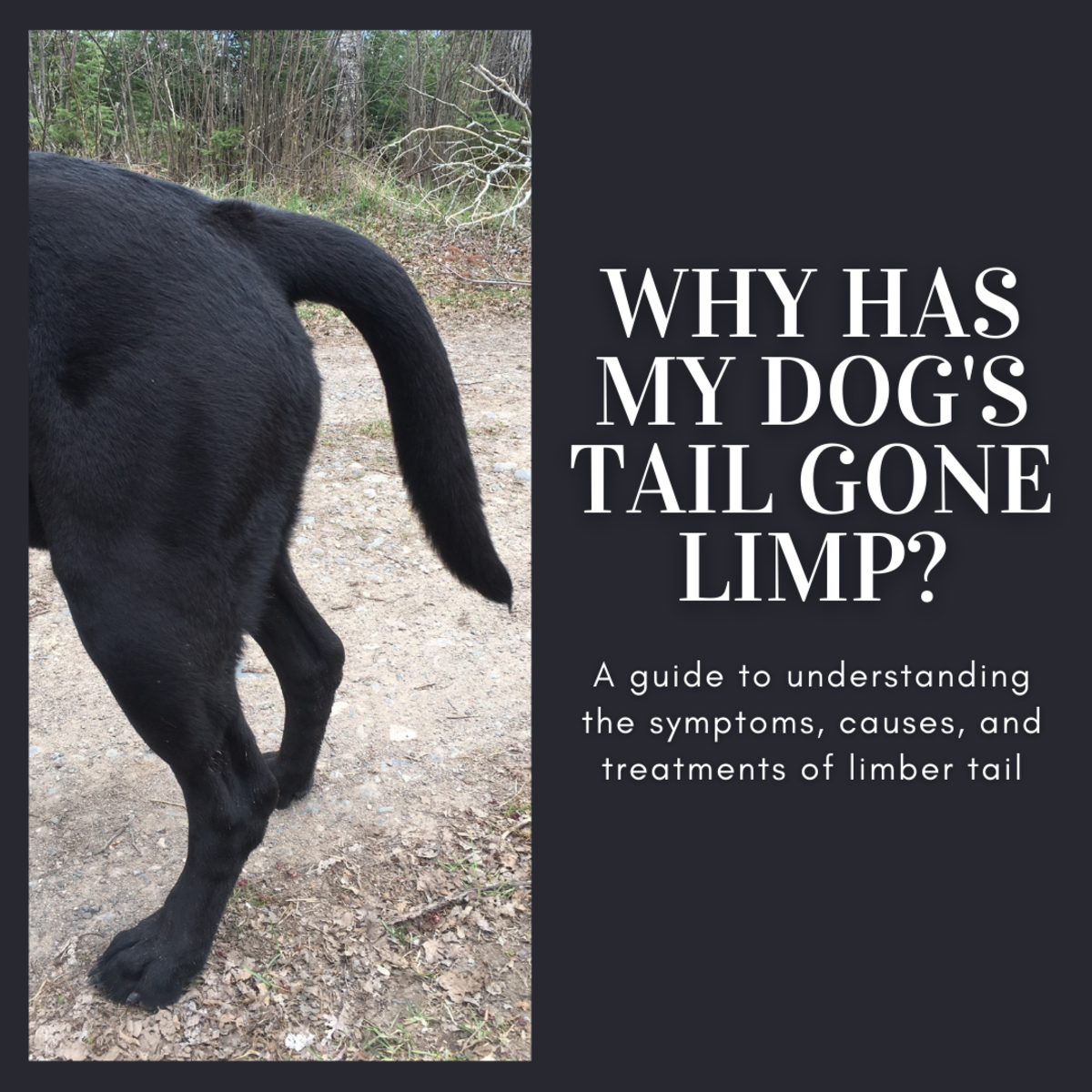Dogs Can Smell Time

Dogs have always fascinated us with their extraordinary senses. Their keen sense of smell, in particular, has been the subject of countless studies and amazed dog lovers for generations. While we already knew that dogs possess an incredible ability to detect scents, recent research has suggested an even more astonishing capability – the ability to "smell time." In this blog post, we'll explore the intriguing concept of dogs' olfactory perception of time and delve into the science behind it.
The Power of the Canine Nose
Before we dive into the concept of dogs smelling time, it's essential to understand just how remarkable their sense of smell is. Dogs have approximately 300 million olfactory receptors in their noses, compared to a mere 5 to 6 million in humans. This enormous olfactory apparatus enables them to detect and discriminate between an extensive range of scents. But what does this have to do with time?
The Olfactory Landscape of Time
Researchers have long known that dogs can pick up on pheromones and chemical cues from other animals. These cues carry information about the sender's age, gender, reproductive status, and even emotions. It is this ability to decode chemical signals that has led scientists to speculate about dogs' potential to perceive time through scent.
Dogs' acute sense of smell allows them to detect subtle changes in odors over time. Imagine a bowl of fresh fruit left on the counter. To us, it may gradually lose its aroma as the fruit ripens and eventually rots. But to a dog, each stage of decay produces distinct chemical signals. This progression of scents, which may be imperceptible to us, could be like a timeline for our canine companions.
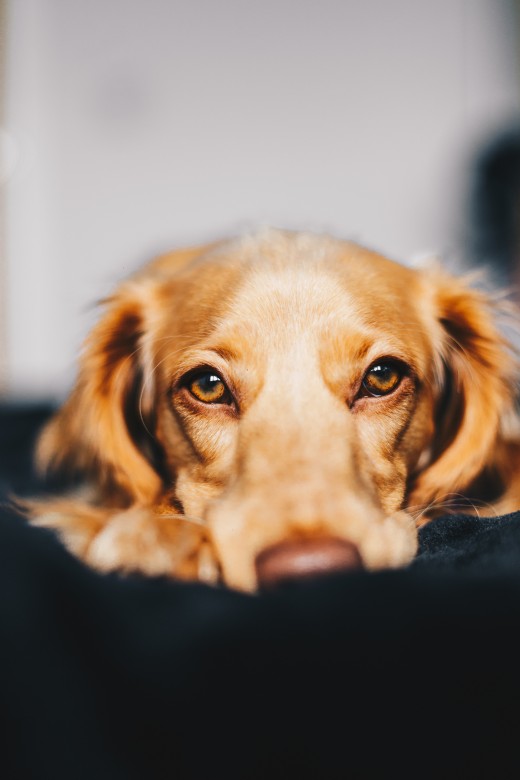
Scientific Evidence
While the concept of dogs smelling time may sound like science fiction, there is scientific evidence to support it. A study conducted at the University of Lincoln in the United Kingdom used sniffer dogs to investigate this phenomenon. The researchers presented dogs with identical scents at different stages of decomposition. Astonishingly, the dogs were able to distinguish between the scents and accurately order them chronologically.
This study suggests that dogs can indeed perceive time through their sense of smell. They can differentiate between the past, present, and future states of a scent, allowing them to track changes and gather valuable information about their environment.
The Implications
The idea that dogs can smell time opens up a world of possibilities for understanding their behavior and capabilities. This newfound understanding could have practical applications in various fields, such as search and rescue operations, where dogs could help locate missing persons by following scent trails that vary over time.
Additionally, this research sheds light on the complex and intricate world of canine cognition. It underscores the importance of recognizing and appreciating the richness of dogs' sensory experiences, which differ significantly from our own.
Dogs' ability to "smell time" is a remarkable testament to the incredible power of their noses. While further research is needed to fully understand the extent of this ability and its implications, it opens up exciting avenues for exploration in the world of canine science.
As dog lovers and enthusiasts, we continue to be in awe of our furry friends' extraordinary capabilities. Dogs' remarkable sense of smell is just one more reason to appreciate and cherish these loyal companions who never cease to amaze us with their unique talents. So, the next time your dog sniffs the air with that inquisitive look, remember that they might just be deciphering the secrets of time through their remarkable olfactory senses.

